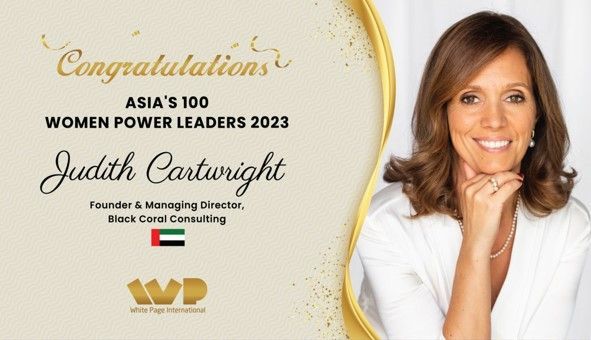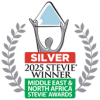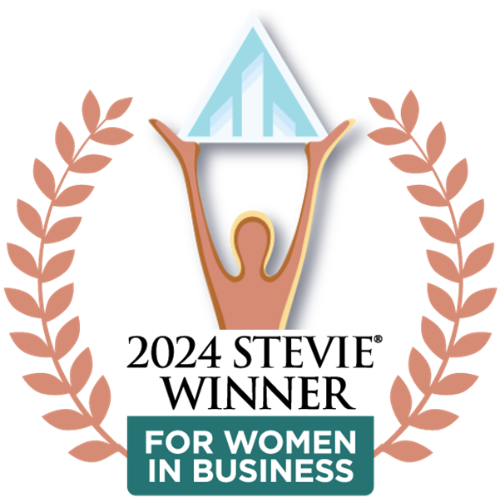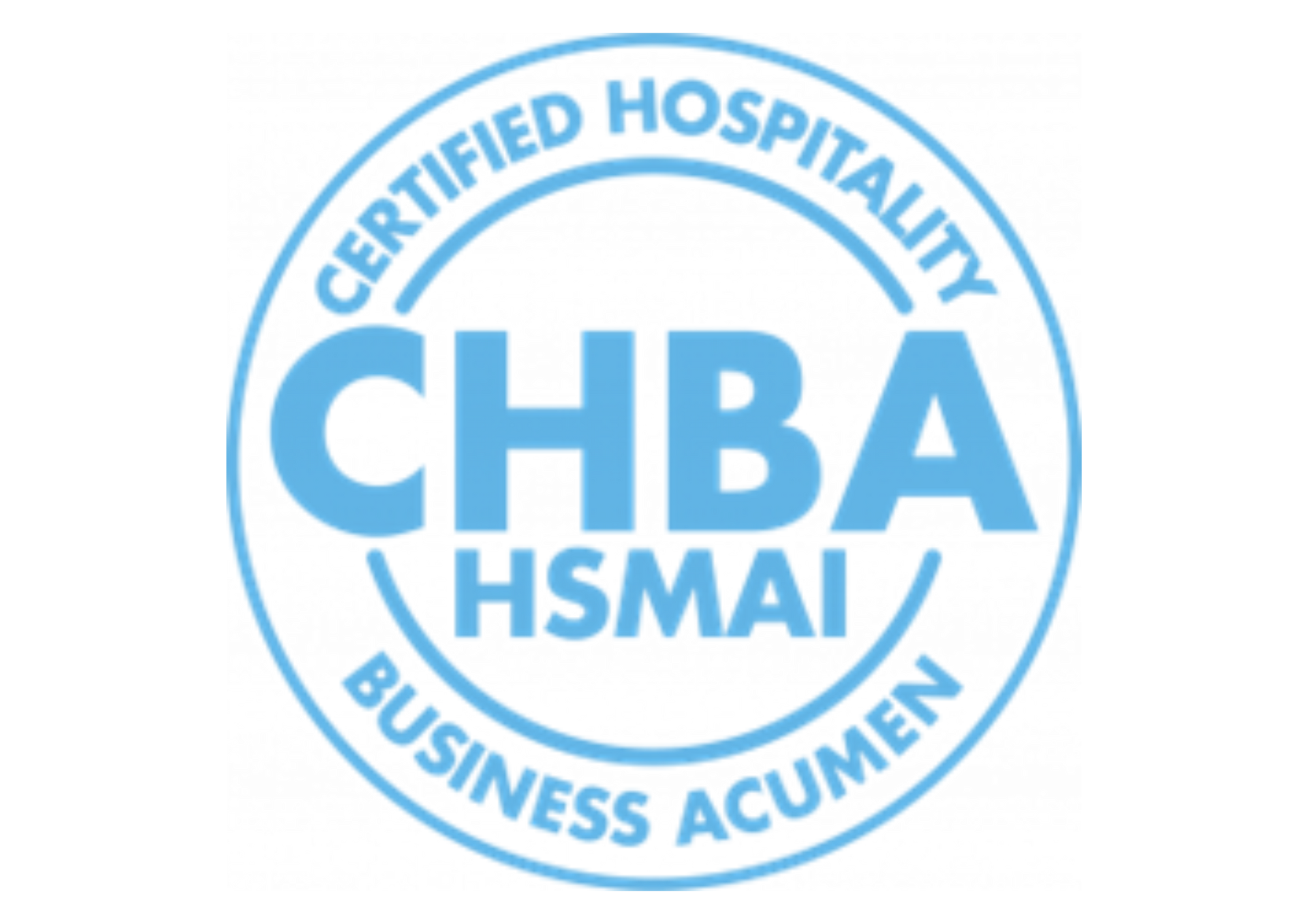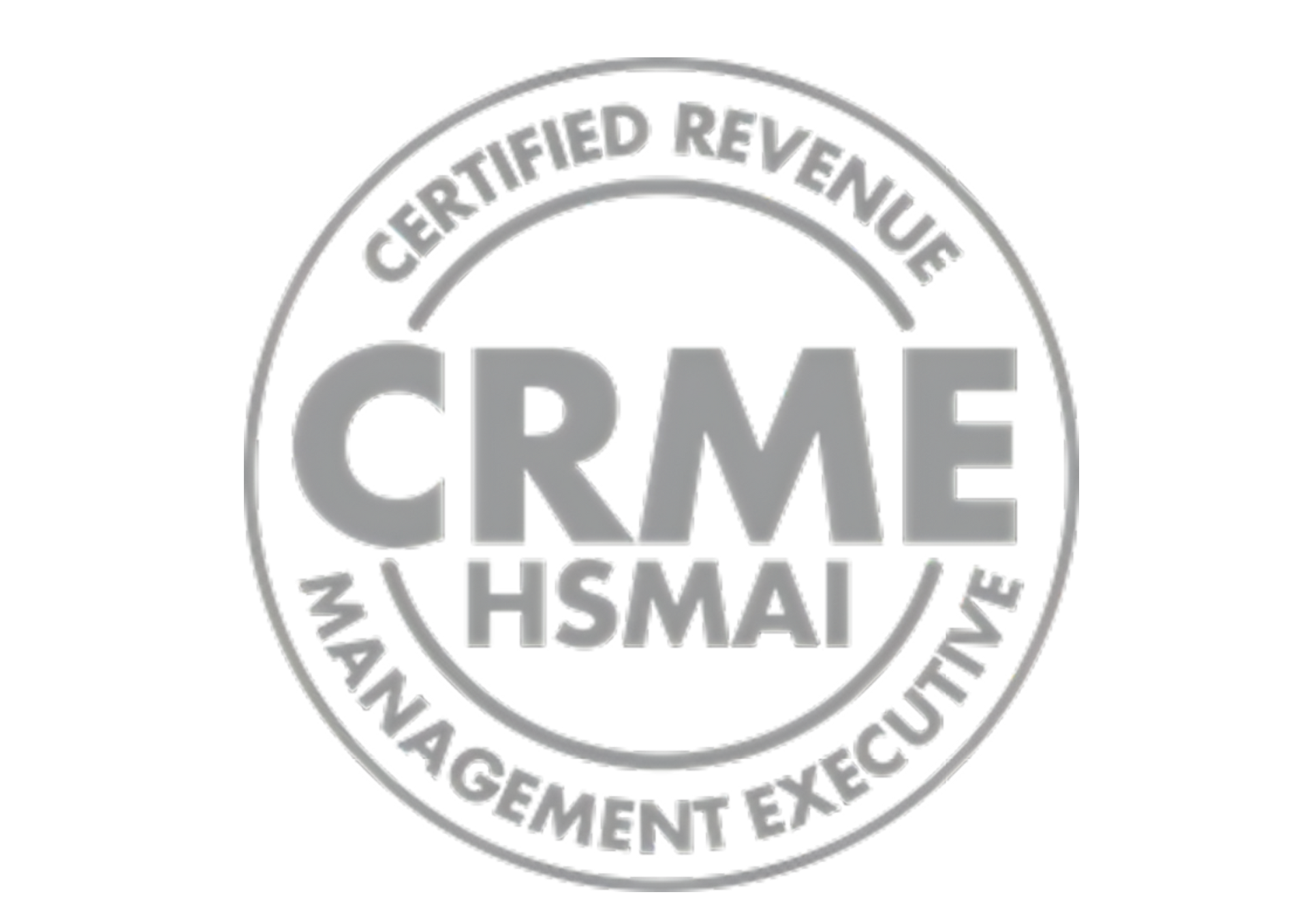Seven Effective Steps of Building a Total Revenue Optimisation Culture
Seven effective steps of building a total revenue optimisation culture
When the words “revenue management” are muttered among hoteliers, I usually observe two camps of thinking.
There are those who believe they have nailed it because they have successfully optimised rooms revenue and others who look startled and nervous, often conceding they have absolutely no idea where to start.
These reactions are not only common, but understandable, for many reasons. Revenue management is confronting for some and quite often compartmentalised so that rather than build a revenue management culture where all departments and team members understand it and work together to optimise it, it is left to the revenue department to deal with.
At the same time, the benefits of revenue optimisation across multiple facets of the business are not always realised. There is so much more to revenue management than selling rooms to the right people at the right price.
The main problem is that many hospitality companies are yet to fathom out how to approach revenue optimisation when sometimes all it takes is for someone to look from the outside in – a hospitality revenue management expert who can look at the big picture and put a strategy in place.
I recently met with the head of commercial for a large global hotel company and explained the results-driven approach I take, which fundamentally involves building a revenue optimisation culture. He was blown away, admitting the group had not put such a structure in place.
In my LinkedIn article, 10 top tips to put total revenue management into action, paving the way for a profitable 2022 | LinkedIn, step 9 stressed the importance of building a total revenue optimisation culture, but how do you do that?
Here are seven simple steps:
Step 1: Be Honest
Be honest with yourself – do you have a revenue optimisation culture in place and if not, do you know how to take on this task? Successful leaders delegate to the best person for the job, so if you are serious about transforming your business, partner with an independent consultant who is an expert in this field. They will perform an audit and gap analysis to assess the baseline. Be honest with yourself and the team will benefit.
Step 2: Bespoke Workshops
Following the audit, work with the consultant to develop bespoke workshops for the relevant departments and team members. You are establishing a work culture, so these workshops will not only involve senior management, but every waiter, spa therapist and receptionist etc. They will all benefit because of the important role they play when it comes to driving revenues across all income streams.
Step 3: Develop an Action Plan
Following the workshops, the consultant will collaborate with relevant team members to develop an action plan, which should include timelines, responsibilities and most importantly, an optimised structure. Empower the revenue management department to become the gatekeeper of this strategy leveraging the consultant’s expertise to teach department team members how to do this.
Revenue managers are no longer just data crunchers, but advisors to the organisation on what business to pursue and what processes have flaws resulting in revenue leakage. Even if a hotel is running at 95% occupancy and achieves budget across all business units, revenue managers should be looking for opportunities to further optimise.
Step 4: Automation is Key
Manual reporting is out, automation is in – set up effective tools and systems and keep it simple, so everyone understands the data and can identify low-hanging fruits.
Step 5: Consider Reporting Lines
In a recent LinkedIn poll I conducted, more than 75% of respondents said reporting lines for revenue management should be the GM or CEO. It is true, the CEO should have the final say as ‘referee’, but as previously mentioned, revenue management teams should be empowered as gatekeeper and advisor. They should not be overruled, but take a collaborative approach, which is why a revenue management culture is so important. The CEO is ultimately responsible, but decisions should be based on facts, not emotions. Appoint someone in charge of the action plan, responsible for following up tasks and ensuring timelines are kept.
Step 6: Invest in Training
Build an online training platform dedicated to revenue management to onboard new joiners and retrain existing talent. Understand that it takes time and resources and work with the consultant to ensure the platform covers all bases and achieves your organisation’s revenue management goals.
Step 7: Measure and Map
Measure your success. Schedule weekly and monthly total revenue optimisation strategy meetings involving commercial and non-commercial functions including revenue, sales, marketing, PR, F&B and spa. Review the data and be honest, identifying what worked and what didn’t – and why, and then map out next steps.
At Black Coral Consulting we partner with ultra-luxury hospitality brands, integrated resorts, events, attractions, F&B venues, and spas to unlock their profit potential. Clients including Atlantis The Palm, One&Only, Nobu, Bread Street Kitchen, JA Resorts, Anantara, Chenot, and Guerlain Spa, to name a few have leveraged our unparalleled experience to create a successful revenue optimisation culture. If you would like to transform your hospitality business, get in touch today.



